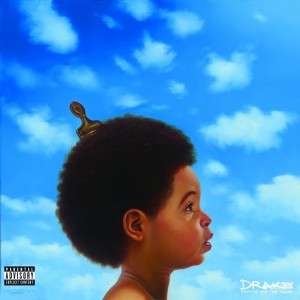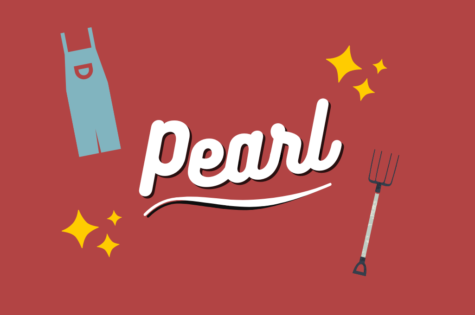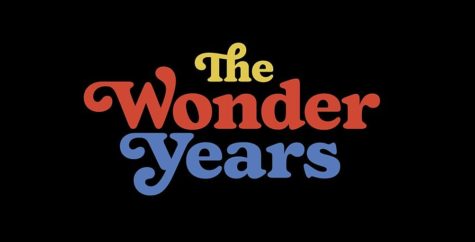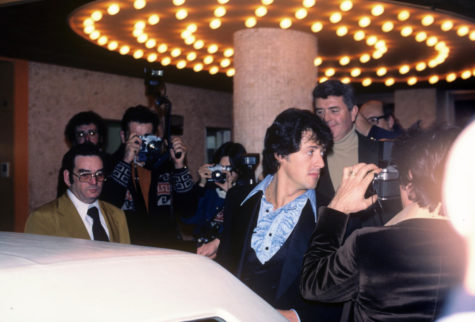Drake’s “Nothing Was the Same”
October 25, 2013
Album Rating: 3.5/10
Following the release of his 2009 mixtape So Far Gone, Drake achieved instantaneous fame and was hailed as hip-hop’s next big figure. Hip-hop was in a completely different stage then. Auto-tune and pop rap permeated the radio through mediocre rappers and new dance crazes which ruled the mainstream.
Drake was different.
So Far Gone and his previous mixtapes depicted a character unique from the mainstream who rapped about subjects not commonly heard in hip-hop. In Drake was a lyricist who wasn’t afraid to be vulnerable and who gave out emotion. Drake subsequently signed to Lil Wayne’s Young Money record label and has since put out numerous chart-topping singles, sold millions of albums and became rap music’s biggest figure.
“Nothing Was the Same” is Drake’s third album and follows his highly successful sophomore album Take Care.
It is also his worst one yet.
The album begins with the song “Tuscan Leather”.
It is a good song — one of the three good songs on the album. It’s a complete rap song in which Drake establishes his status in hip-hop through a series of braggadocio lyrics. He raps ‘This is nothin’ for the radio but they’ll still play it though/Cause it’s that new Drizzy Drake, that’s just the way it go” — and it’s very true.
Drake has such a status in hip-hop that any new song of his can (and will be) a radio hit. He is filled with well-achieved confidence and cockiness as he raps about his accomplishments which cannot be disproved. The beat in which he raps over—an airy, sort of grandiose one which changes multiple times throughout the song—is an excellent one produced by longtime producer and collaborator Noah “40” Shebib.
This is followed by the track “Furthest Thing” in which Drake employs his signature style of singing and rapping at the same time. The song has a terribly simple hook and the first two verses consists of Drake melodiously rapping lyrics in which he somehow manages to brag and be a vulnerable victim at the same time. The beat suddenly switches up in the third verse and Drake halts his sing-song rapping and begins to rap about success.
This last part saves the song.
The album continues to the album’s singles “Started from the Bottom” and “Wu-Tang Forever” which begin the trend of terrible songs in the album. The first is a catchy, yet utterly simple rap about success and seems as if Drake put no effort into it. The latter meanwhile, references the Wu-Tang Clan’s song “It’s Yourz”, but is actually a love song and has nothing to do with the Wu-Tang Clan. Again, Drake begins with a sing-song rap and switches up to a more traditional rap, except this time the verse is a mediocre one which, like the song before it, seems like he put no effort into.
The fifth track “Own It” is a kind of continuation from the “Wu-Tang Forever” song and is arguably the worst song on the album. The song features Drake ridiculously and annoyingly repeating the phrase ‘it’s yours’ in various different ways as if the girl he was talking to hadn’t heard it the first time. The hook meanwhile, repeats the phrase “own it” 15 times. In one part, Drake sings ‘Guess who’s it is? Guess who’s it is? Guess who’s it is?/It’s yours.’ The lyrics are horribly feminine — even for Drake.
It soon becomes a struggle to not hurl your iPod across the room after hearing such atrocious lyrics.
The sixth track “Worst Behavior emulates Started From The Bottom”’s complete simplicity and dreadful lyricism. And it takes the seventh track before you finally hear another good song in the album. The Track, “From Time”, is produced by Canadian Musician Gonzales and 40 and contains the first feature in the album, Jhene Aiko who sings the intro and hook of the song. Drake, meanwhile, spits his first verse since the second track of the album in which it seems as if he actually tried.
The following five tracks continue bring the album back downhill. The eighth and ninth tracks are complete R&B songs titled “Hold On We’re Going Home” and “Connect”. “Hold On We’re Going Home” is neither good nor bad. It is a mediocre track which will serve as another radio hit. “Connect”, meanwhile, is another atrocious track in an already apparent horrendous album. The 10th and 11th tracks “The Language” and “305 to my City” are two rap songs featuring no notable lyricism but do feature some terrible features. The 12th track “Too Much” features English Musician Sampha singing the hook. Drake raps some introspective and fine lyrics; however, his flow is completely basic: he uses a flow in which he raps a few words at a time. It is a flow common to that in southern trap rap and similar to that he used in the hit “Versace” and doesn’t maximize the otherwise excellent lyrics.
The last track is “Pound Cake/Paris Morton Music 2”. The first part of the song features Jay-Z who has two verses after Drake who raps the first verse. It’s a good song and is the third collaboration with the two artists. The second part is a continuation to Drake’s song “Paris Morton Music”. Drake has another nice verse and the beat, produced by Jordan Evans and Boi-1da is a fine one.
If there is something to praise about Drake in this album, it is its lack of features. Unlike most hip-hop albums today which usually rely on a tremendous amount of features, Drake only had a limited amount. The production on this album seems similar though not wholly like “Take Care”, however this is brought on by the fact that Drake has had 40 as his producer for much of his career. The lyricism and flow, meanwhile, has definitely lowered.
Drake is much better than this and he has proven that before. His previous projects were miles above this new one. This album seems as if he put little to no effort in making the songs. It won’t matter much because Drake has a knack of making radio hits and will only continue to stay on top. He is hip-hop’s biggest rapper today and has an enormous appeal. At this point in his career, it seems as if Drake will stay on top for a while and have a long lasting career in hip-hop. We can only hope, however, that throughout that career, he makes much better albums than this one.














